Your guide to natural shopping
By Sara Reistad-LongBy now, we all know there’s a benefit to buying some stuff organic. But these days you’re faced with the option of getting everything organic—from fruits and veggies to mattresses and clothing. You want to do right by your body, for sure, but going the all-natural route en masse can be pricey.
So we wondered: What’s really essential for our health? That’s why we came up with this definitive list. Here's what should be in your cart—and what you don’t have to worry about.
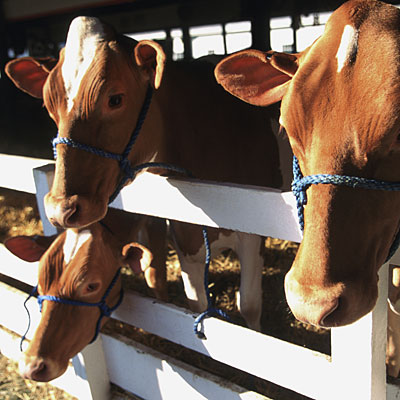
Beef
You’ve probably read plenty of stories about the risks of eating chicken. But the most important protein to buy organic may well be beef. "Research suggests a strong connection between some of the hormones given to cattle and cancer in humans, particularly breast cancer," says Samuel Epstein, MD, professor emeritus of environmental and occupational medicine at the University of Illinois at Chicago School of Public Health. Specifically, the concern is that the estrogen-like agents used on cattle could increase your cancer risk, adds Ted Schettler, MD, science director at the Science and Environmental Health Network.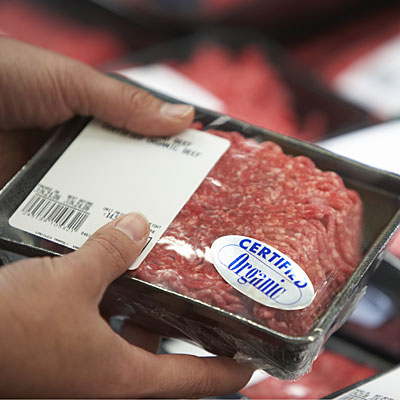
More on organic beef
Though there are strong regulations about the use of hormones in cattle, "not all beef producers are following those regulations strictly, and some studies continue to find hormone residue in cattle," Dr. Schettler says. When you buy beef that’s been certified organic by the United States Department of Agriculture (USDA), you’re not only cutting out those hormones, you’re also avoiding the massive doses of antibiotics cows typically receive, which the USDA says may lead to the development of antibiotic-resistant bacteria in people.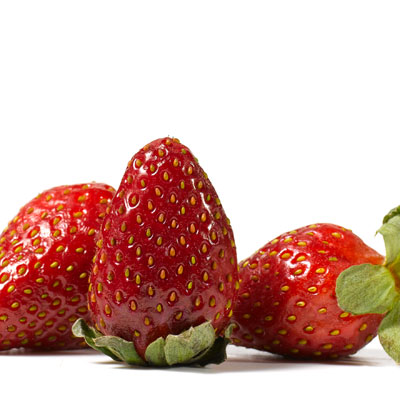
If you can, also skip conventional peaches, apples, blueberries, and cherries, which are typically treated with multiple pesticides and usually eaten skins-on.
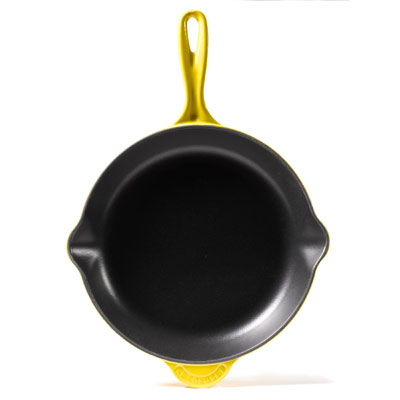
Cookware
Your pots and pans are just as crucial to upgrade as the food you cook in them: "Most nonstick cookware contains a fluorochemical called PTFE that breaks down to form toxic fumes when overheated," says Olga Naidenko, PhD, a senior scientist at the EWG. "Those fumes can coat the inside of the lungs and cause allergy-like symptoms."Tests commissioned by the EWG showed that in just two to five minutes on a conventional stove top, cookware coated with nonstick surfaces could exceed temperatures at which the coating emits toxic gases. Switch to stainless steel, ceramic, or cast iron cookware.
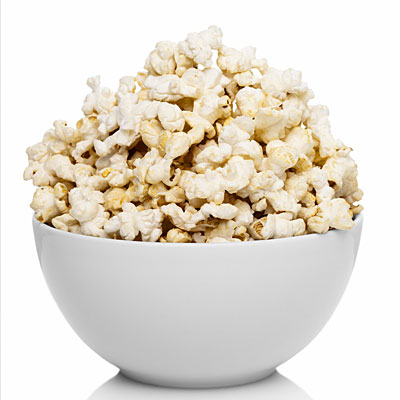
Popcorn
The linings of microwave-popcorn bags may contain a toxic chemical called perfluorooctanoic acid, or PFOA, which is used to prevent the food from sticking to the paper. According to the Environmental Protection Agency (EPA), PFOA is a likely carcinogen. "We don’t know all of the hazardous effects of PFOA yet, but we have some evidence of a link to cancer, as well as to effects on the immune, nervous, and endocrine systems," says David Carpenter, MD, director of the Institute for Health and the Environment at the University at Albany.Pick up an air-popper or make your popcorn in a pan on the stove top.
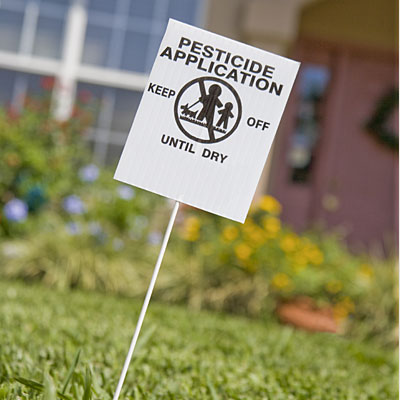
Yard pesticides
Some lawn and garden pesticides contain suspected carcinogens, according to EPA data. Long-term pesticide exposure may be related to changes in the brain and nervous system, the Fred Hutchinson Cancer Research Center reports. "Not only are you breathing the chemicals in, but you bring them indoors and onto carpets via your shoes," says McKay Jenkins, PhD, a journalism professor at the University of Delaware and author of What’s Gotten Into Us?Healthier brands like BurnOut and EcoClear are made from vinegar and lemon juice, and are effective weed-killers. To find less-toxic lawn-care companies in your area, go to Health.com/lawn-care.
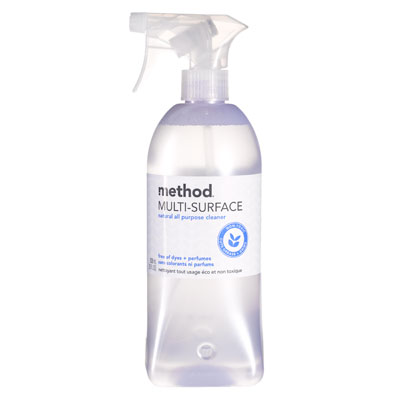
All-purpose home cleaners
Time for spring-cleaning? Using common household cleaners may expose you to potentially harmful chemicals. Ammonia and chlorine bleach can irritate the skin, eyes, and respiratory tract. And some cleaners contain phthalates, some of which are endocrine disruptors, meaning they interfere with normal hormone activity, says EWG senior scientist Becky Sutton, PhD.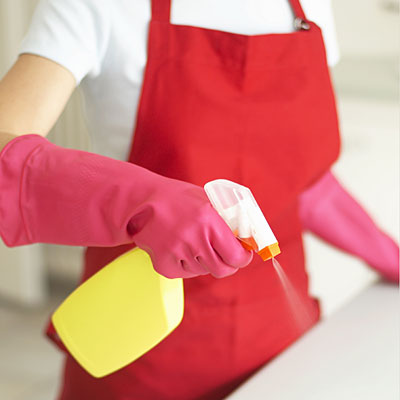
More about cleaning products
Although there’s no definitive proof that phthalates cause problems in humans, "the greatest concern is how early-life exposure will affect male [reproductive] development," Dr. Carpenter says. There’s weaker evidence, he adds, that phthalates affect the nervous and immune systems. Go natural with the cleaner you use the most frequently and in the most places, such as kitchen-counter spray—look for brands approved by Green Seal or EcoLogo, two organizations that identify products that have met environmental label guidelines.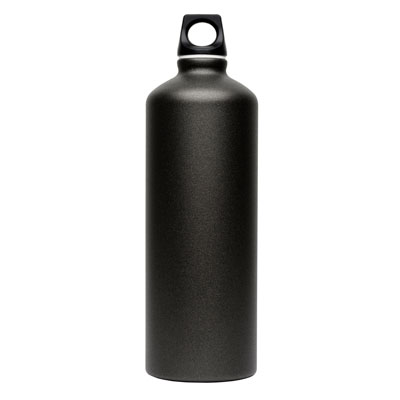
Water bottles
You’ve probably heard that many hard, reusable plastic water bottles could be bad for you because they may contain BPA, or bisphenol A, another endocrine disruptor according to the National Institute of Environmental Health Sciences."For adults, the biggest concern with BPA is that it may increase the risk of breast cancer in women and reduce sperm counts in men," says Dr. Carpenter, who explains that BPA can leach out into the water in the bottle. To be safe, sip from an unlined stainless steel or BPA-free plastic bottle.
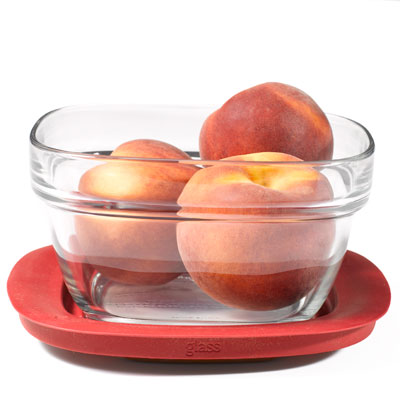
Food-storage containers
BPA strikes again: Many food-storage containers are made of the hard, clear polycarbonate plastic that may contain BPA. As is the case with water bottles, the BPA can leach out of the plastic in these containers and seep into your leftovers."The leaching is increased during heating, but it also leaches to a smaller degree even when cold foods are stored," Dr. Carpenter explains. Glass containers are your safest—not to mention planet-friendly—bet. Both Rubbermaid (at left) and Pyrex make glass ones with BPA-free plastic lids.
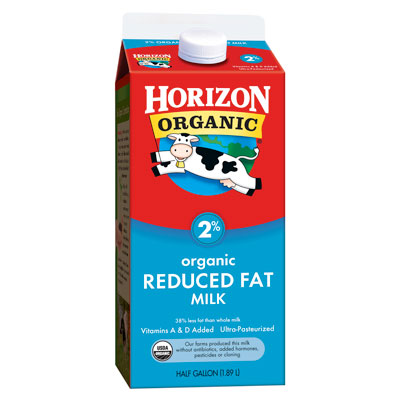
Milk
The milk you’re drinking may not be doing your body good: Dairy products account for a reported 60 to 70 percent of the estrogens we consume through our food. If that seems like a shockingly large number, it’s mainly because milk naturally contains hormones passed along from cows. What worries some experts is that about 17% of dairy cows are treated with the hormone rBST (or rBGH), which stimulates milk production by increasing circulating levels of another hormone called insulin-like growth factor (IGF-1).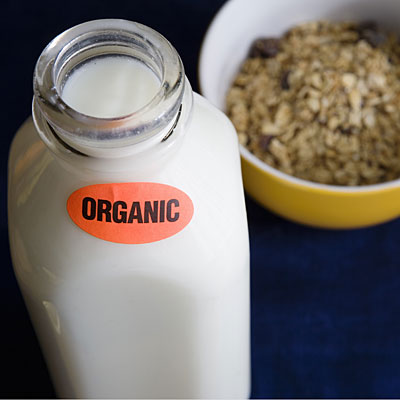
More about organic milk
"Elevated levels of IGF-1 in people are associated with an increased risk of cancer, including breast cancer," Dr. Schettler explains. In fact, the use of rBGH is banned in Europe and Canada. Although research has yet to definitively conclude whether drinking rBGH-treated milk increases your IGF-1 levels high enough to cause concern, Dr. Schettler says it’s advisable to buy milk that hasn’t been treated with it. So pick up milk that’s labeled rBGH-free, rBST-free, or is produced without artificial hormones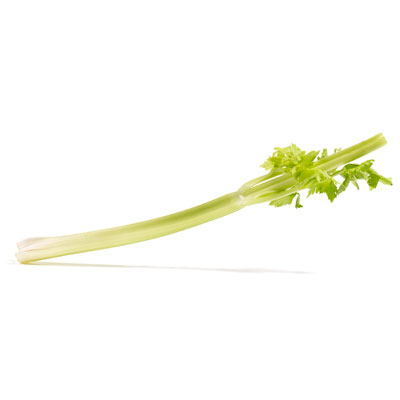
Celery
When researchers at the EWG analyzed 89,000 produce-pesticide tests to determine the most contaminated fruits and vegetables, celery topped the chart. "In terms of the sheer number of chemicals, it was the worst," says Sonya Lunder, senior analyst at the EWG. Celery stalks are very porous, so they retain the pesticides they’re sprayed with—up to 13 of them, according to the EWG analysis. Lunder also advises buying organic bell peppers, spinach and potatoes because they scored high for pesticides, as well.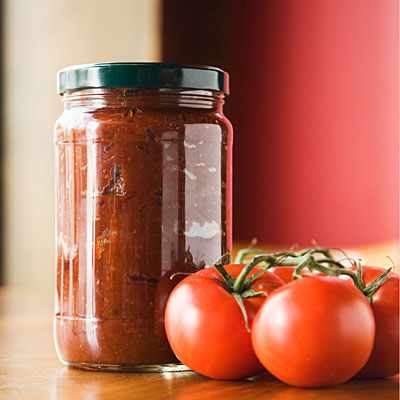
Tomato sauce
When picking up tomato sauce or paste, choose the glass jar or box over the can. "The lining on the inside of food cans that’s used to protect against corrosion and bacteria may contain BPA," explains Cheryl Lyn Walker, PhD, a professor of carcinogenesis at MD Anderson Cancer Center and past president of the Society of Toxicology.In 2009, Consumer Reports tested BPA levels in a variety of canned foods and found it in nearly all of the brands tested, suggesting that the chemical leaked in. "What can happen is that BPA in the lining can leach into the food," Walker explains.

Natural splurge
Some regular mattresses may have been treated with potentially toxic flame retardants called polybrominated diphenyl ethers (PBDEs), which have been linked to learning, memory, and behavioral impairments, according to Lunder.Though PBDEs were phased out of mattresses in 2005, they can still be found in other household items, including carpet padding and some electronics. The EWG advises opting for products that haven’t been treated with brominated fire retardants and choosing less-flammable materials, such as wool.
0 comentarios:
Publicar un comentario